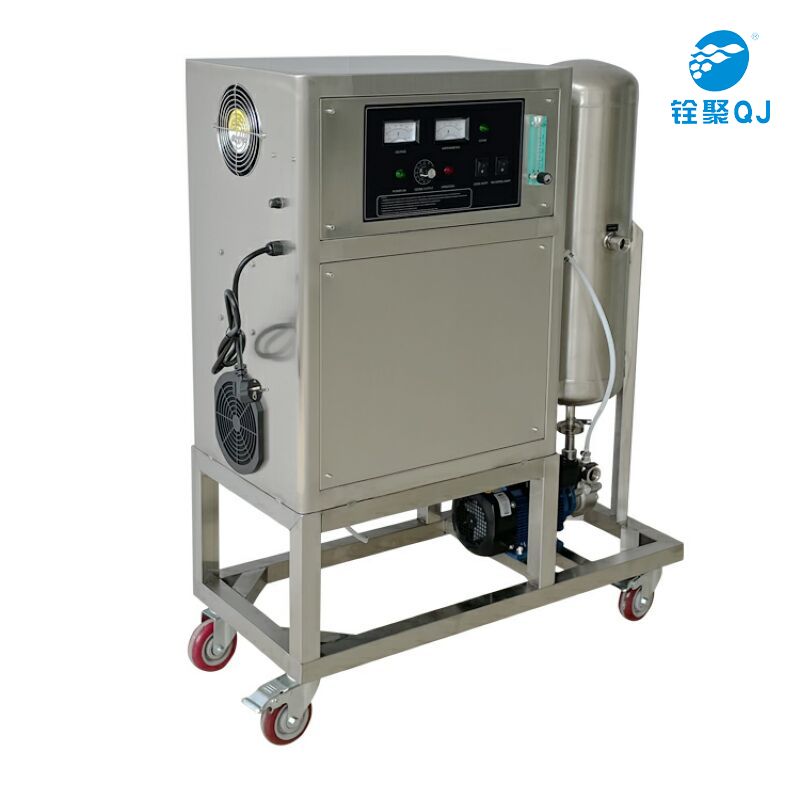Is ozone water treatment safe?
Ozone water treatment is generally considered safe and effective when used properly for specific water treatment applications. It is widely used to disinfect water, remove impurities, and improve water quality in various settings, including drinking water treatment plants, wastewater treatment facilities, swimming pools, and even some residential water purification systems. However, safety considerations and proper control measures are essential to ensure the safe and effective use of ozone in water treatment:
Proper Dosage: Ozone must be dosed carefully and controlled within recommended concentration levels. Excessive ozone levels can lead to undesirable byproducts and potential health risks.
Contact Time: Adequate contact time between ozone and water is crucial for effective disinfection and treatment. Systems must be designed to ensure that sufficient contact occurs.
Residual Ozone Removal: Any residual ozone in treated water must be removed before consumption. Ozone can be harmful if ingested in high concentrations, so treatment systems should include measures to eliminate residual ozone.
Monitoring and Control: Continuous monitoring and control of ozone levels are essential to maintain consistent water quality. Automated control systems are often used to achieve this.
Safety Measures: Adequate safety measures, including gas leak detection systems and ventilation, should be in place when using ozone generation equipment, as ozone gas itself can be harmful if inhaled at high concentrations.

Training: Personnel responsible for operating and maintaining ozone water treatment systems should receive proper training to ensure safe operation.
Materials Compatibility: Ozone can react with certain materials, such as rubber and some plastics. Equipment and materials used in the ozone treatment process should be compatible to prevent degradation and contamination.
Regulation and Compliance: Ozone water treatment systems must comply with regulatory standards and guidelines to ensure that they meet safety and water quality standards. Regulatory authorities often set limits on ozone levels in drinking water.
Specific Applications: The suitability of ozone for a particular water treatment application may vary. It's important to consider the specific needs and requirements of the water source and treatment objectives.
Environmental Considerations: The release of ozone into the environment should be minimized, as ozone is a greenhouse gas. Proper containment and destruction of excess ozone should be practiced.
In summary, ozone water treatment can be safe and effective when applied correctly and in accordance with established guidelines and regulations. Water treatment professionals and facility operators should exercise caution, follow best practices, and prioritize safety measures to ensure that ozone treatment systems are used safely and that the treated water meets appropriate quality standards for its intended use, whether for drinking water, wastewater treatment, or other applications.



